A U.S. district court judge on Friday entered an order denying motions for judgment in the landmark Apple v. Samsung patent trial, which is now moving through post-trial proceedings, saying that neither party's arguments are valid.
In the order, U.S. District Court Judge Lucy Koh, who is presiding over two Apple v. Samsung patent trials in California, denied both parties' motions for judgments as a matter of law (JMOLs) including Samsung's request for new trial on the November retrial for damages vacated over jury error.
The 2013 retrial saw Apple awarded $290 million, which brings the total damages amount from the original Apple v. Samsung trial up to over $900 million. Each side argued, however, that the retrial jury's ruling was incorrect. Apple pushed for a larger award based on Samsung profits resulting from infringement, while Samsung moved to pay decreased damages and sought a new trial.
As for questions on damages awarded, Judge Koh quickly dismissed the entirety of Apple's motion and did much the same with Samsung's arguments. She did, however, take some time to explain a portion of one Samsung JMOL arguing the jury double counted lost profits and infringer's profits for the same infringing sales. In the end, it was determined that no double counting occurred.
In a breakdown of Judge Koh's order, FOSS Patents' Florian Mueller points out the jurist was unlikely to approve either JMOL motions on damages. The question of a retrial was also a "long shot," but one of arguments raised in the motion could impact Apple's strategy moving forward.
Samsung cited a number of arguments for a retrial, but the most interesting was the theory that Apple counsel appealed to racial, ethnic or national prejudice. As Mueller notes, Judge Koh found at least part of Apple's closing statement "troubling."
Samsung cited the following excerpt of Apple's closing argument as an appeal to prejudice:
We are extremely fortunate to live in what I'll call the Greater Bay Area. Not only is it beautiful, but we live in the center of one of the most vibrant economies in the world. Intel, Yahoo, Oracle, Facebook, eBay, and hundreds and hundreds of other companies, including Google, and including Apple, and these companies attract talented employees at every level. Even, we heard, Samsung has opened a research center here so that they can take advantage of the talent in this area.
The companies provide jobs. They create technology that improves the way people work. And the company — and this economy supports an education system that is second to none in the world, Berkeley, Stanford, San Jose State, U.S. [sic] Santa Cruz, even Santa Clara where I went to school.
These educational institutions interact with this economy, interact with these companies and create a place that the whole world knows as Silicon Valley.
But let's be equally clear about one thing. Our vibrant economy absolutely depends on fair competition. It depends on a patent system that encourages inventors to invent, it encourages investors to invest, and it encourages employers to hire.
If we allow that system of law to decay, investors will not invest, people will not take risks, and our economy will disappear.
When I was young, I used to watch television on televisions that were manufactured in the United States. Magnavox, Motorola, RCA. These were real companies. They were well known and they were famous. They were creators. They were inventors. They were like the Apple and Google today.
But they didn't protect their intellectual property. They couldn't protect their ideas. And you all know the result. There are no American television manufacturers today."
During the trial, Samsung counsel objected to the above statement and moved for a mistrial. The court denied, but reminded jurors that their decision should not be "motivated by sympathies or prejudice," an instruction repeated throughout the trial.
Samsung also pointed to other instances of racially charged comments, such as Apple's reference to "Samsung Korea" instead of "Samsung." In her order, Judge Koh found no evidence that the jury's final decision was influenced by these "problematic" statements and therefore denied the retrial motion.
From Judge Koh's order:
"In sum, the Court finds that Apple counsel's comments do not warrant a mistrial. Nonetheless, the Court finds this situation troubling. Next month, these parties and these counsel are set to go to trial for a third time. Counsel are encouraged to be mindful of the important role that lawyers play in the actual and perceived fairness of our legal system as they prepare for and litigate the next round of this patent dispute."
Mueller says that Friday's order brings the first Apple v. Samsung post-trial proceedings closer to final judgment, which means it can then be appealed to a higher court.
Next up for Apple and Samsung, however, is a second California dispute over another set of devices and patents. The trial is scheduled to start on Mar. 31 and will again be presided over by Judge Koh.
 Mikey Campbell
Mikey Campbell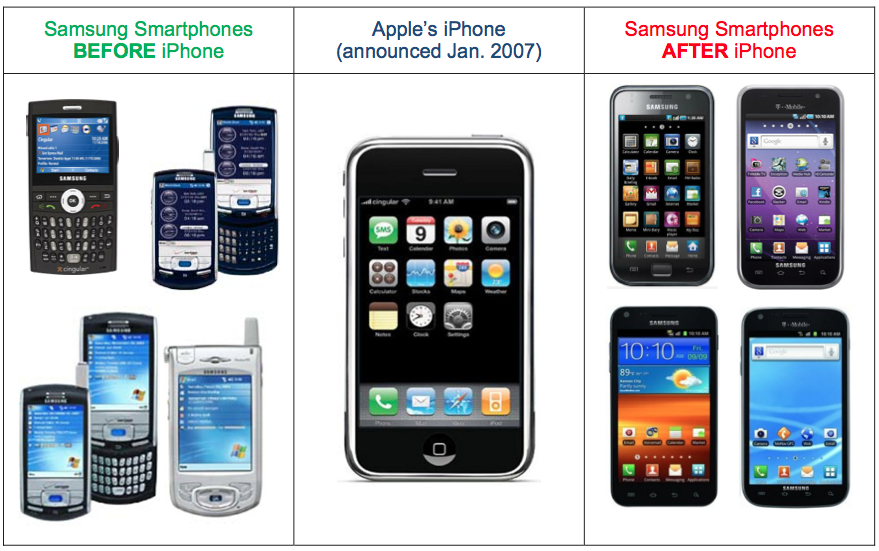
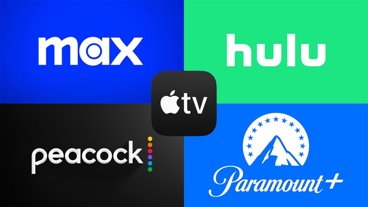

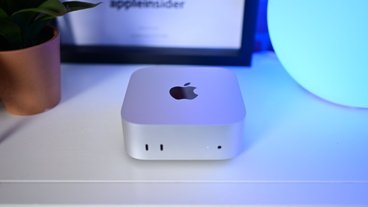



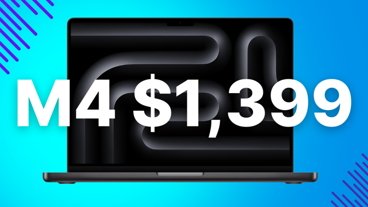






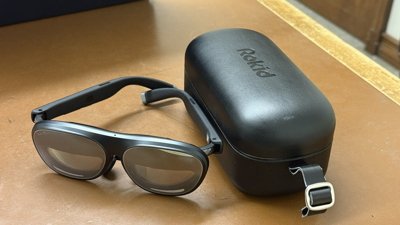
 Thomas Sibilly
Thomas Sibilly
 Christine McKee
Christine McKee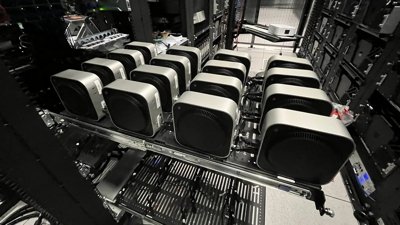
 Marko Zivkovic
Marko Zivkovic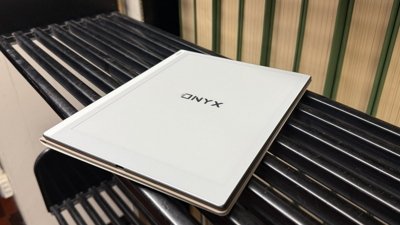
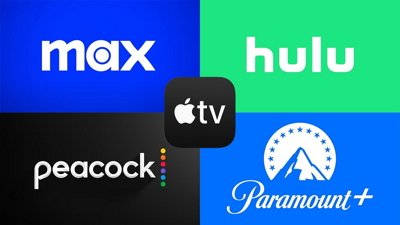
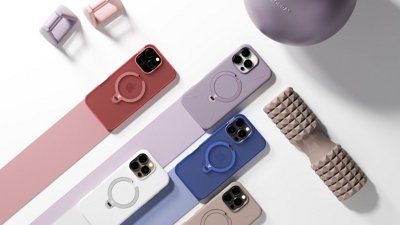
 Sponsored Content
Sponsored Content
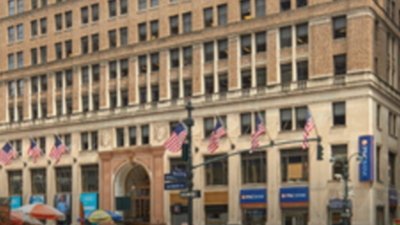
 William Gallagher
William Gallagher





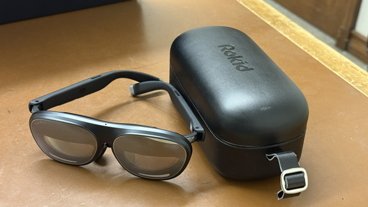

69 Comments
$900M means basically nothing to either of these companies.
It would be like a judgement against me for like $5.
The only part of the closing that I'm "troubled" by is the part about the Bay Area being beautiful. True but useless information. The rest was absolutely spot on. Especially the last paragraph about no tv manufacturers... Yikes. It sounds as tho the Judge might think that Samsung has a legitimate point. Why in the world would Samsung include the last paragraph in their appeal for a mistrial on prejudice? Isn't this the trial where Samsung began by admitting they stole the iPhone?
Yikes. It sounds as tho the Judge might think that Samsung has a legitimate point.
I don't think so. First, she did't buy the argument. Second, I think she did everyone a favor by cautioning the attorneys before someone does say something…mmm…stupid. In the heat-of-battle kind of thing if you know what I mean.
Maybe Tim Cook should have used that 'mess it all up' lawyer spin merchant when he just said "Android is like Europe".
Hooray for Xenophobia and Racism! Good job Apple :-/ Manufacturing went away from "the west" because people don't want to work in factories! In other countries the people have little choice. The west increases that pressure all the time. It's certainly a sad state of affairs, but not for Americans. TVs are no longer made in America? That's the whole point! Americans don't want to make TVs!